ASSIGNMENTS
"Flunky, Work Hard" (1931)
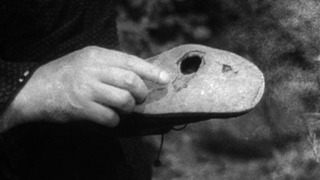
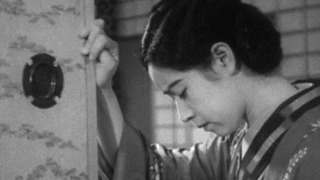
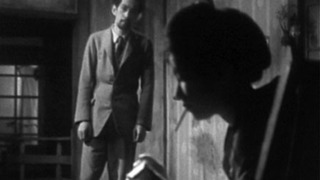
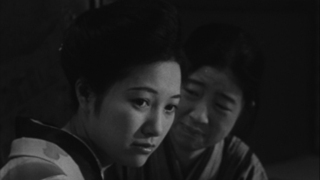
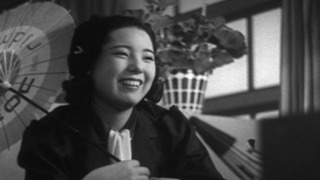
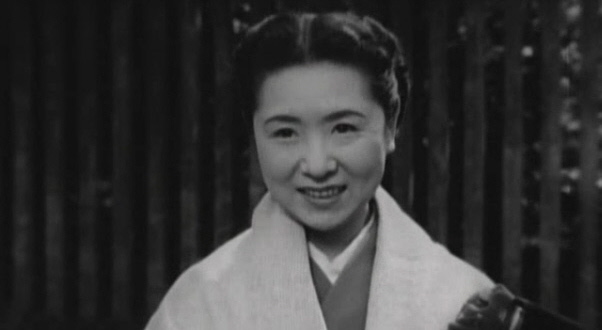
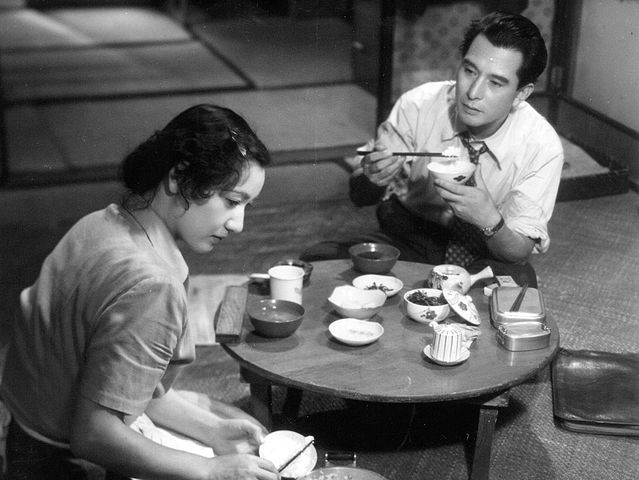
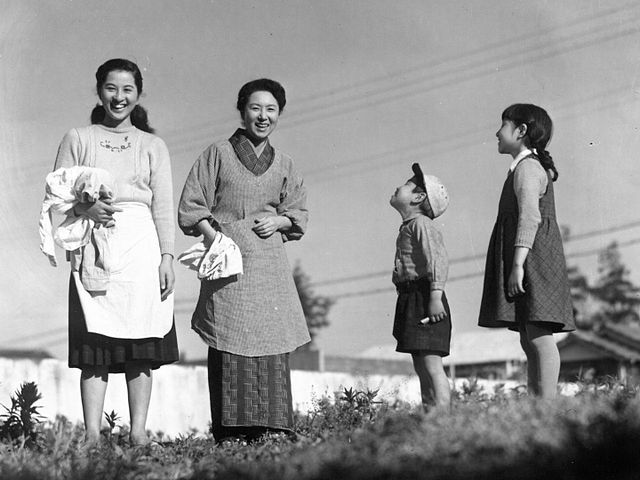
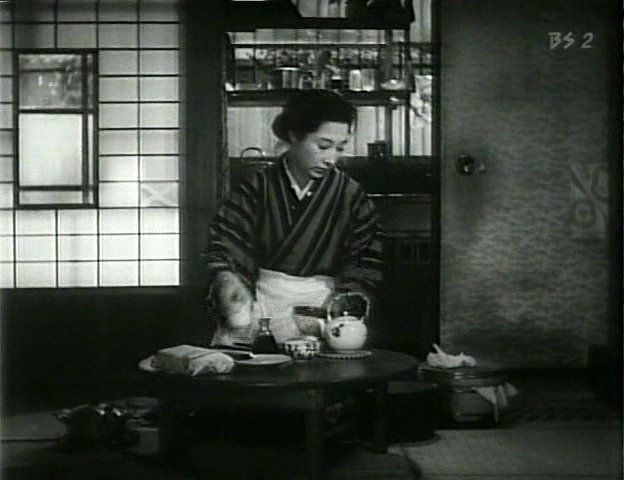
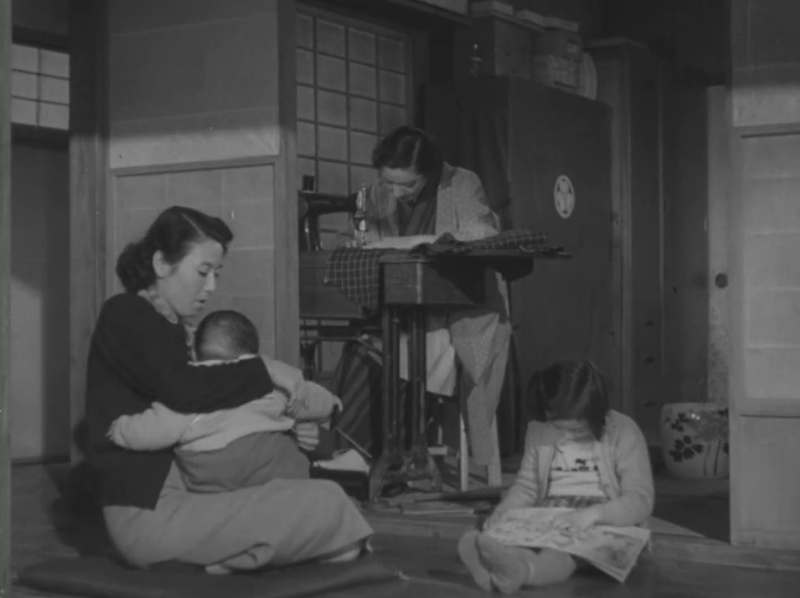
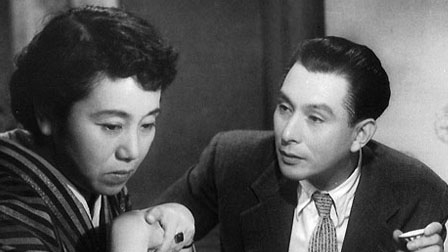

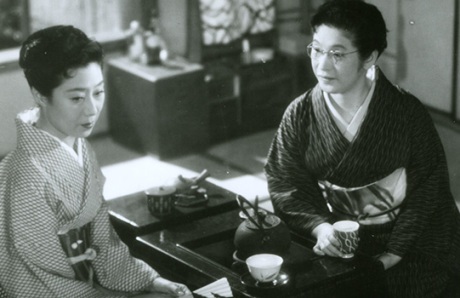
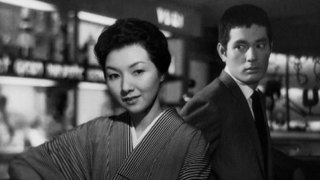
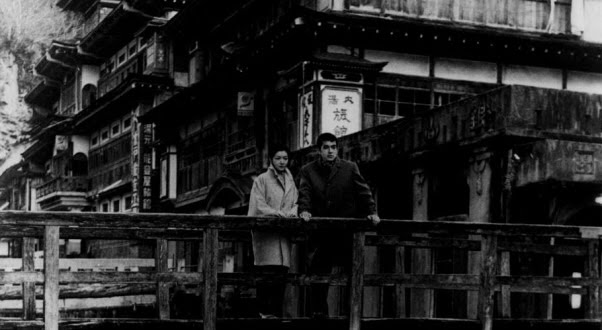
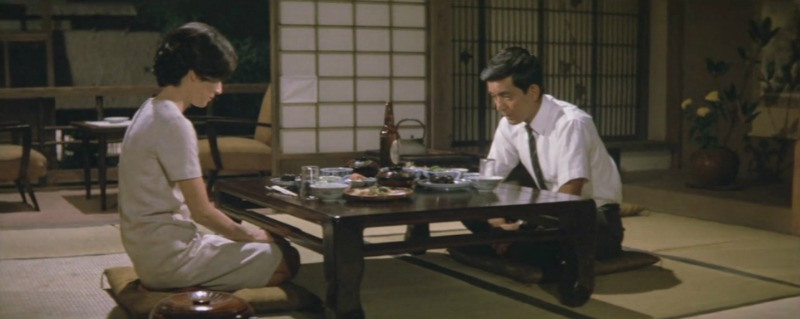
Wednesday, December 10, 4:30-6:20, MLR 316
|
Japan 325 and Comp Lit 315: The Films of Naruse Mikio Professor Ted Mack Naruse Mikio (1905-1969), along with Ozu Yasujirō, Kurosawa Akira, and Mizoguchi Kenji, was one of the great directors working in Japanese cinema, though he is less known in the United States than these peers. Born into straightened circumstances, Naruse remained focused on the plight of the disadvantaged in modern Japanese society, with a particular concern for the challenges faced by women in a patriarchal society. Rather than rendering them helpless victims, Naruse created some of the most complex and resilient female characters found in modern Japanese film. Even as we focus on the director of these films, we will also be examining the performances of the actors who frequently appeared in them, including Takamine Hideko, Tanaka Kinuyo, Hara Setsuko,Uehara Ken, Kayama Yûzô, Kagawa Kyôko, Katô Daisuke, Mori Masayuki, Sugimura Haruko, and Yamada Isuzu. We will also consider one author, Hayashi Fumiko, whose novels became the bases for a number of Naruse’s films. We will begin with the 1931 silent film, “Flunky, Work Hard,” and continue through to his final film, “Scattered Clouds” (1967). No knowledge of Japanese is required; all films are subtitled in English. For their reference, students might consider purchasing Catherine Russell's recent book, The Cinema of Naruse Mikio: Women and Japanese Modernity (Duke University Press, 2008), though the text is not required for the course. Students are expected to watch the films and complete the readings on their own prior to class discussion. All of the films you will be responsible for are available through Hulu Plus, which is a for-profit website that is not affiliated with the University of Washington. Note that Hulu Plus has a free trial period of one week. Some of the films are also held by the Media Center in Suzzallo Library. Comp Lit 315 may be used for the national cinema requirement for the Cinema Studies degree in the Department of Comparative Literature. Please contact that department for more information. The following schedule is tentative and subject to change. |
DATE |
ASSIGNMENTS |
|
| September 25 | Introduction and in-class viewing: "Flunky, Work Hard" (1931) |
 |
30 |
"No Blood Relation" (1932) |  |
October 2 |
"Every-Night Dreams" (1933) |  |
| October 7 | "Apart from You" (1933) |  |
9 |
"Street Without End" (1934) |  |
| 14 | "Ginza Cosmetics" (1951) |  |
| 16 | "Repast" (1951) |  |
21 |
"Mother" (1952) |  |
| 23 | Review | |
| 28 | Midterm Examination | |
30 |
"Wife" (1953) |  |
| November 4 | "Sound of the Mountain" (1954) |  |
| 6 | "Late Chrysanthemums" (1954) |  |
11 |
NO CLASS: Veterans Day | |
13 |
"Floating Clouds" (1955) |  |
| 18 | "Flowing" (1956) |  |
20 |
"When a Woman Ascends the Stairs" (1960) |  |
25 |
"Yearning" (1964) |  |
| 27 | NO CLASS: Thanksgiving Day | |
December 2 |
"Scattered Clouds" (1967) |  |
| 4 | Review (Test preparation sheet will be available here.) | |
|
||
| 10 | Final Examination: Wednesday, December 10, 4:30-6:20, MLR 316 |
The Criterion Collection has valuable information about Naruse on their website. |
|
| Johns Hopkins Guide to Literary Theory and Criticism
(Off-campus link) The online guide contains more than 240 alphabetically arranged entries on critics and theorists, critical schools and movements, and the critical and theoretical innovations of specific countries and historical periods. |
 |
Additional resources: |
|
EXPECTATIONS and GRADING PARTICIPATION: Participation in classroom discussions is central to successful performance in the class. We will dedicate one class session to each film; students will be expected to view the film in advance and be prepared to discuss it. GRADING: Grades will be determined through a combination of the student's preparation for and participation in classroom discussions (50%), a midterm examination (25%), and a final examination (25%). STUDY GROUPS: I encourage students to meet outside of class to discuss the films and problems they have encountered in interpreting them. CHEATING AND PLAGIARISM: The presentation of another's words and ideas as one's own is a serious offense; violations will be dealt with according to the University codes of conduct, which stipulate sanctions up to and including expulsion. ACADEMIC ACCOMMODATIONS: I will do everything I can to accommodate students with particular needs. To request such an accommodation, please contact Disabled Student Services, 448 Schmitz, (206) 543-8924 (V/TTY). If you have a letter from Disabled Student Services indicating that you require such accommodation, we can discuss ways to meet those needs. |
Page last updated on
December 4, 2014
Background courtesy of Squidfingers